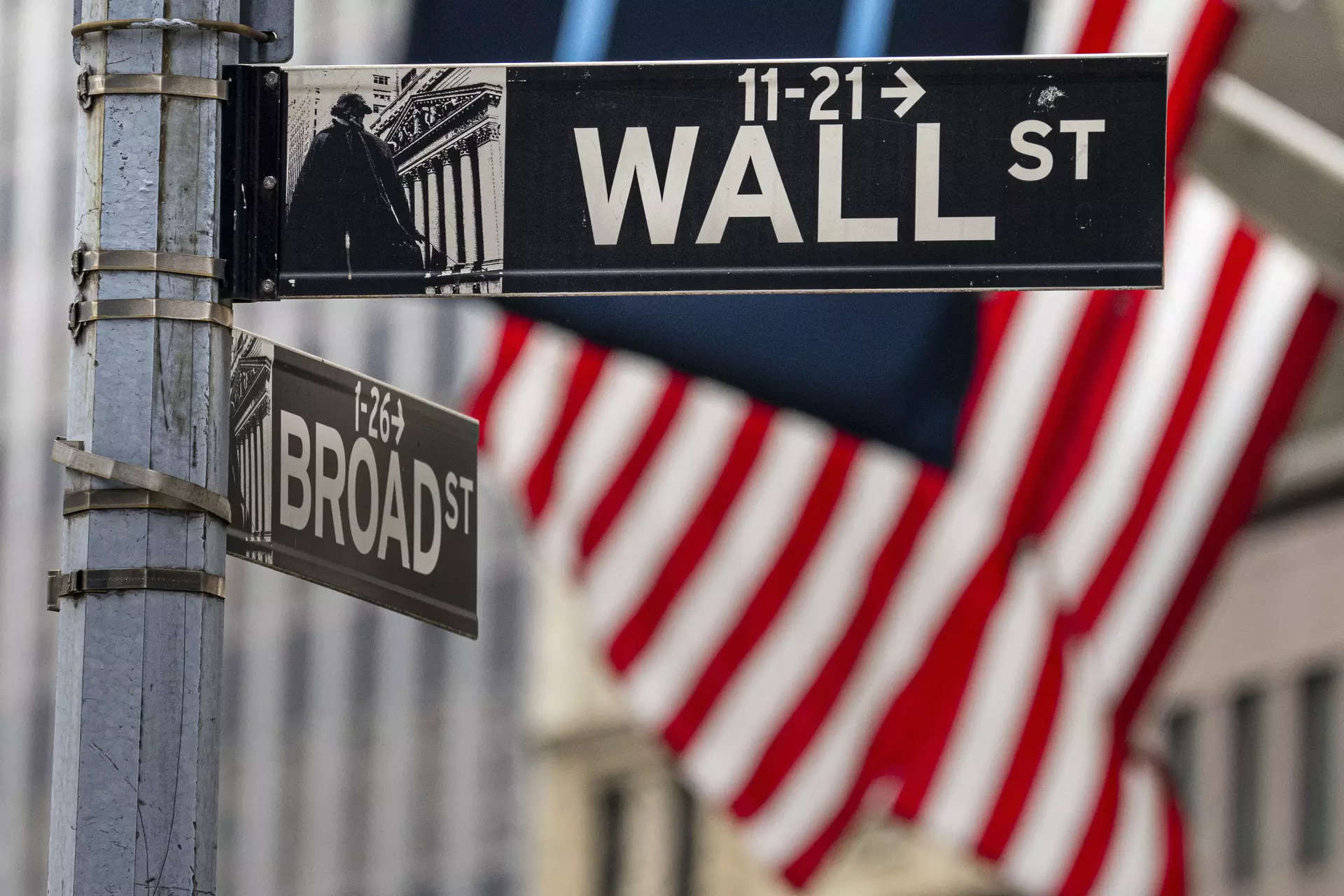The S&P 500 Consumer Discretionary Distribution & Retail index is up nearly 14% this year, matching the year-to-date gain of the S&P 500. However, much of the sector’s strength has been concentrated in a small group of stocks, including heavyweight Amazon.com, which is up nearly 21% this year.
Meanwhile, analysts said shares of companies focused on lower-income consumers have fallen, partly because shoppers in this segment are more affected by higher interest rates. Among the biggest decliners were shares of Dollar Tree, which is down about 27% so far this year, and Dollar General, which has fallen about 9%.
The retail sector is one of many areas of the economy — in addition to real estate and consumer goods — that are under pressure from higher rates. The Federal Reserve reiterated earlier this week that it needs to see more evidence of a slowdown in inflation before lowering borrowing costs.
“The lower to middle-income groups are under increasing pressure because of the price of gas and groceries,” said Greg Halter, research director at Carnegie Investment Council. “They feel bad, even though the economy is doing well.”
The focus will be on the consumer next week when the U.S. reports retail sales data on Tuesday. Analysts polled by Reuters expect retail sales rose 0.2% in May. The weaker-than-expected result — following data earlier this week showing encouraging progress on inflation — could strengthen the case for the Fed to lower rates sooner rather than later.
Futures markets have reflected investors’ growing expectations for an interest rate cut in September, although the Fed has forecast it will only lower borrowing costs in December.
The divergent performance of retail stocks has led investors to focus on companies whose consumers are better able to withstand higher interest rates or that offer discounts on name-brand household goods such as clothing or groceries, such as warehouse club company Costco Wholesale.
Halter’s fund has been buying shares of companies such as Walmart, Costco and TJX Companies, whose business models emphasize value for the consumer. Their stocks have risen 28%, 29% and 16%, respectively.
Robert Pavlik, senior portfolio manager at Dakota Wealth Management, said he has owned Costco and TJX Companies, and noted their strong management and inventory control.
“I think inflation will persist but will be moderate, and consumers will still try to get the most out of their dollar,” he said.
Bokeh Capital Partners owns shares of Urban Outfitters, which have risen more than 20% this year. Bokeh Chief Investment Officer Kim Forrest said Urban Outfitters’ strength as a fashion merchandiser has helped the company weather the inflationary environment, adding that “people will make sacrifices to look good.”
Josh Cummings, portfolio manager at Janus Henderson Investors, believes sectors such as online shopping will continue to thrive even if interest rates remain high.
He’s targeting companies like Carvana, whose stock price has nearly doubled this year, and DoorDash, whose shares are up about 13%.
“We’re not overly bullish on the consumer sector as a whole, but we think we’re in the early stages of some of these growth stories,” he said.
(You can now subscribe to our ETMarkets WhatsApp channel)


